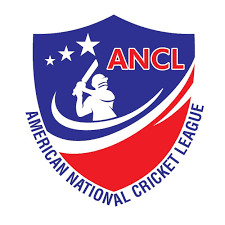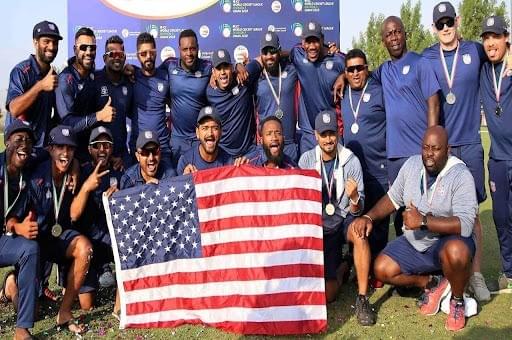Cricbuzz has reviewed a chain of internal USA Cricket (USAC) emails that depict a board in open conflict, trading accusations of dishonesty and threatening each other with personal liability, while leaving players and staff guessing about scheduled events and who is actually in charge. The emails were reviewed from multiple sources.
At the center of the dispute is USAC's whiplash decision-making around its agreement with American Cricket Enterprises (ACE), historically the primary funder of USAC's programs. USAC issued a notice terminating the ACE term sheet on August 21, then, as first broken by Cricbuzz, and now further confirmed by a letter from USAC's counsel quoted in the emails, suspended that termination and affirmed the term sheet was "in full force and effect." Yet several directors say they were never told.

What the emails show
- Decisions withheld from absent directors. Gruny states that minutes and resolutions from a meeting "almost two weeks ago" were not shared with her and possibly other directors who did not attend, impairing their ability to discharge fiduciary duties.
- Legal warnings and liability threats among colleagues. Gruny warned that "restricting information about major organizational decisions to a select few directors may make you individually liable." Director David Haubert, invoking "closed session" confidentiality, told Gruny there are "consequences" for missing meetings and for disclosing closed-session discussions.
- Confusion over the ACE agreement and the women's program. Gruny sought "urgent clarity" on the U.S. women's T20I series against West Indies in October, saying personnel were pressing her for answers and that payments and reimbursements were overdue with "very little communication."
- Senior officers accused of gatekeeping. Pisike told Gruny to "consult USAC CEO first," dismissed reports of the rescission as "fake news," and instructed her to seek clarifications from CEO Johnathan Atkeison. Gruny countered that "individuals currently operating as officers are doing so without constitutional legitimacy". Sources also indicate that when board members requested updates from Pisike, Atkeison, and USAC legal counsel Sesha Kalapatapu, directors were told that the matters were confidential and could not be shared.

Why this matters
The dispute is not just procedural. According to people familiar with USAC finances, the organization's cash runway is measured in weeks, making clarity on the ACE funding relationship decisive for national-team camps, series, and basic payables. The emails show directors and staff uncertain whether imminent events - including the women's T20I series at Grand Prairie - are "on," "off," or unfunded, and some are concerned about potential risk of financial insolvency without an infusion of funds.
This dysfunction sits on top of a long history of governance issues. The pattern mirrors the prior governing body, USA Cricket Association (USACA), which was ultimately suspended and terminated by the ICC in 2017. More recently, the ICC served USAC a governance notice at its July 2024 AGM, then at the July 2025 annual meetings gave a three-month deadline to implement reforms or risk suspension. In mid-July 2025, it was reported that the ICC proposed a full board resignation as part of the roadmap to secure USOPC national-governing-body certification for LA28, while the USOPC separately urged the immediate resignation of USAC's independent directors.
What's at stake
- National teams and events: Without transparent resolutions, USAC risks derailing near-term camps and international series, particularly for the women's side, where communication gaps are already impacting athletes and staff. This would be particularly unfortunate given the recently strong performance of USA National teams, as well as the run-up to their feature in the 2026 World Cup, to be held in India.
- Fiduciary and legal exposure: Directors are warning each other of "individual liability," even as they argue over who holds legitimate office and what can be shared outside closed session.
- Credibility with funders and partners: With ACE historically underwriting much of USAC's activity, mixed signals about the agreement risk compounding operational uncertainty at a time when, per multiple people briefed, the organization's funding horizon is tight.
The emails paint a picture of an executive group and board talking past each other: a chair invoking secrecy, a CEO cited as a gatekeeper, directors alleging concealment and illegitimacy, and an external partner presenting a counsel-backed reality that some directors say was never disclosed internally. While constitutional questions simmer, players, coaches, and vendors remain in the dark.
